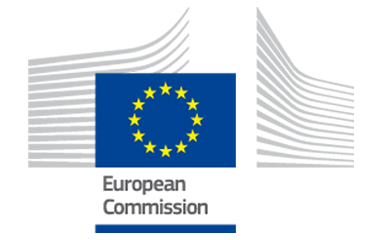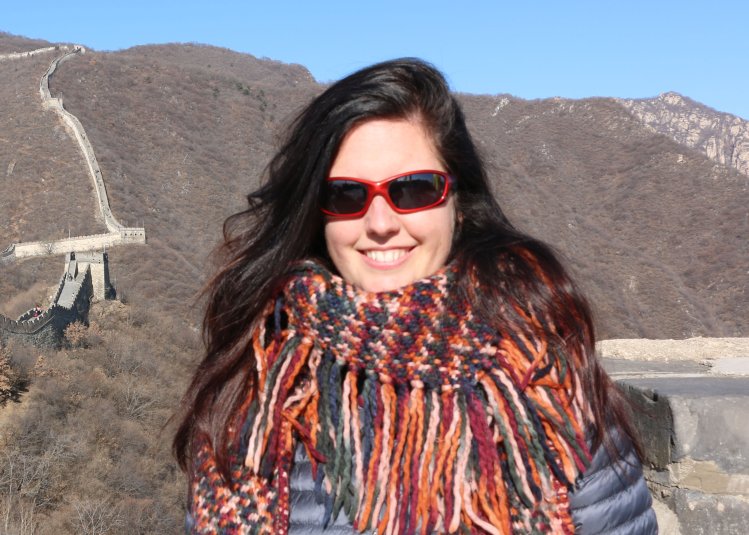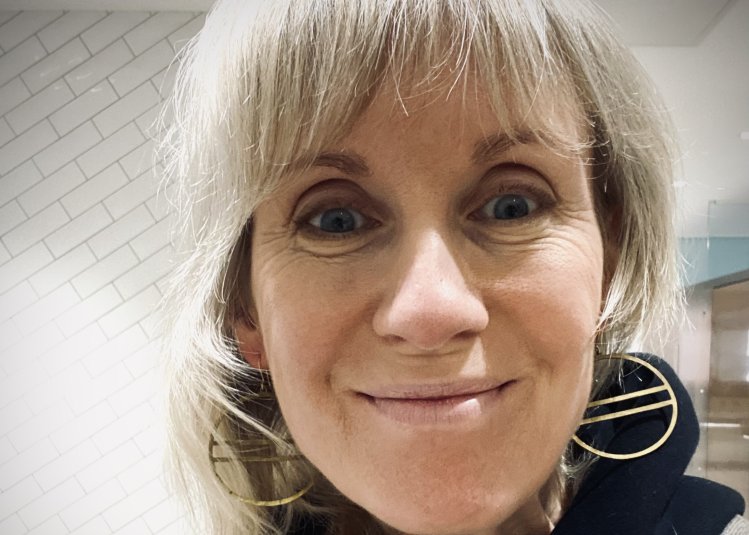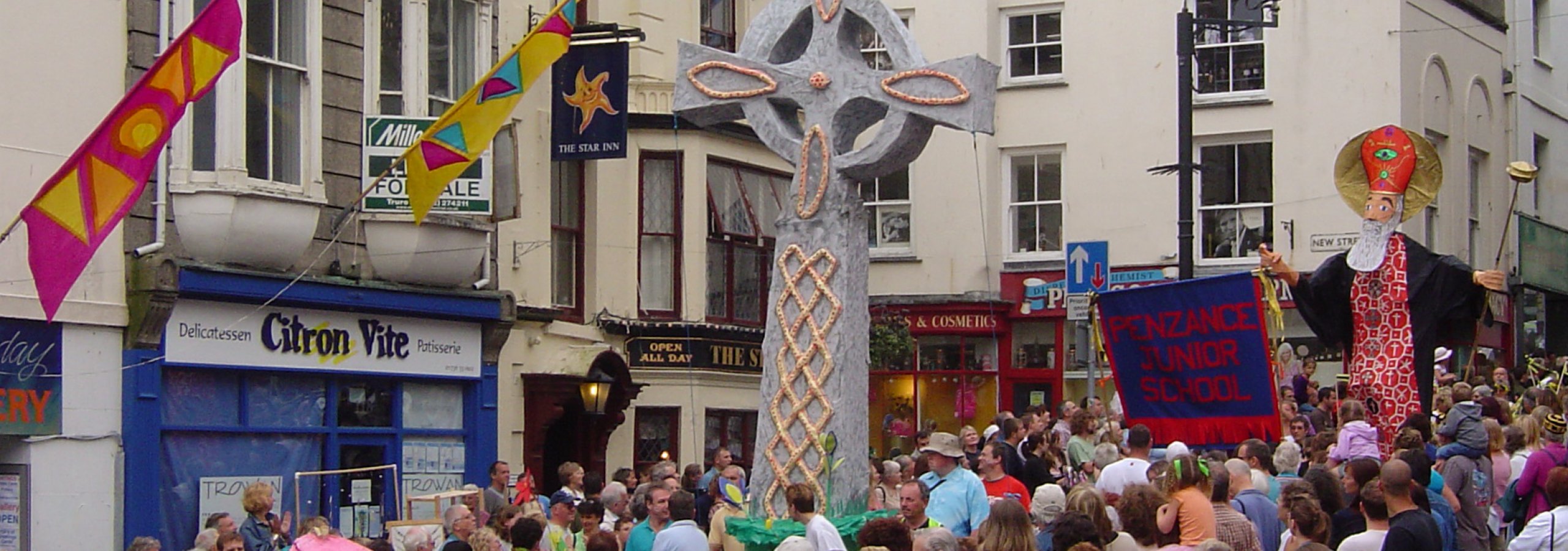
Project details
| Project lead | Dr Laura Hodsdon |
|---|---|
| Centre alignment | Centre for Heritage, Culture & Society |
| Start date | 1 June 2021 |
| End date | 31 May 2023 |
Revoicing Cultural Landscapes – known as Re:voice - was a European research project led by Falmouth University, with the University of Groningen in the Netherlands, the University of Tartu in Estonia, and the University of Latvia. It explored European national minority cultures in each country: Cornish, Frisian, and Livonian. It asked how different groups in society interact and engage with these cultures' heritage – and each other. It sought to find ways to amplify the voices of these groups (and others like them) in relation to their heritage, and ask how minority and majority together can give voice to a richly textured, balanced cultural ecosystem.
Research into intangible cultural heritage (ICH) often focuses on the ways that UNESCO’s 2003 Convention on ICH is put into policy and practice. But this can mean that the more fluid, nuanced ways that living heritage is practised in a rich social ecosystem are not so rigorously explored – an important gap. As the rural areas on Europe’s edges are becoming increasingly attractive to tourists, holiday homeowners, and permanent incomers for work or ‘escape’ to the rural idyll, what happens to the ICH of the national minorities who historically occupied these geographical and economical peripheries?
This project explored live cultural events in the case study contexts to ask how minority ICH is engaged with by ‘insiders’ and ‘outsiders’. It considered opportunities and challenges of ‘revoicing’: that is, how minority ICH can be resilient in these polyvocal contexts; how ICH can lead to improved social relations between majority and minority; and what the relation between resilient ICH and good social relations might be. Methods included field and 1:1 interviews; archival research; and creative practice including a performance at Tate St Ives, an immersive soundscape, and documentary film.
Project team
Below you can see the project team that is working on Re-voicing Cultural Landscapes.

Dr Laura Hodsdon
Associate Professor in Heritage, Culture & Society
Dr Laura Hodsdon is Associate Professor in Heritage, Culture & Society, working on heritage and ...

Agnieszka Blonska
Senior Lecturer in Acting and Theatre & Performance
Agnieszka Blonska is a theatre director and researcher based in the UK since 2003. For over the last...

Dr Lucy Frears FHEA
Associate Lecturer
Dr Lucy Frears' practice-based research on Locative Media includes immersive sound, memories, phenom...
Partners
Falmouth University is part of a project consortium alongside the University of Latvia, the University of Tartu and the University of Groningen.
Each university in the consortium is working with a number of project partners in each country. In the UK these are:
- Cornwall Council
- Cornwall Museums Partnership
- Tate St Ives
- Screen Cornwall
Funders
This project has been supported by grant funding from the following funding bodies:


Project value
Total value €600,000 split across the consortium, with the UK project overseen by the AHRC and costing €200,000.
Impact & recognition
By generating new knowledge about the socio-spatial geographies of existing heritage challenges, it is intended that stakeholders will use insights to change policies, practices, or behaviours to make marginalised ICH more visible and resilient.
Longer-term, the project aims to increase the visibility and resilience of minority cultures within regional, national and global society, economy, and culture.
Outcomes & outputs
The project’s outputs include an edited volume to be published by Routledge in its Critical Heritages of Europe series. Please see the project’s website for more on its outputs, impacts, and activities.
Project news & media
Project website: http://revoice.falmouth.ac.uk
Instagram/X: @revoice_ICH
